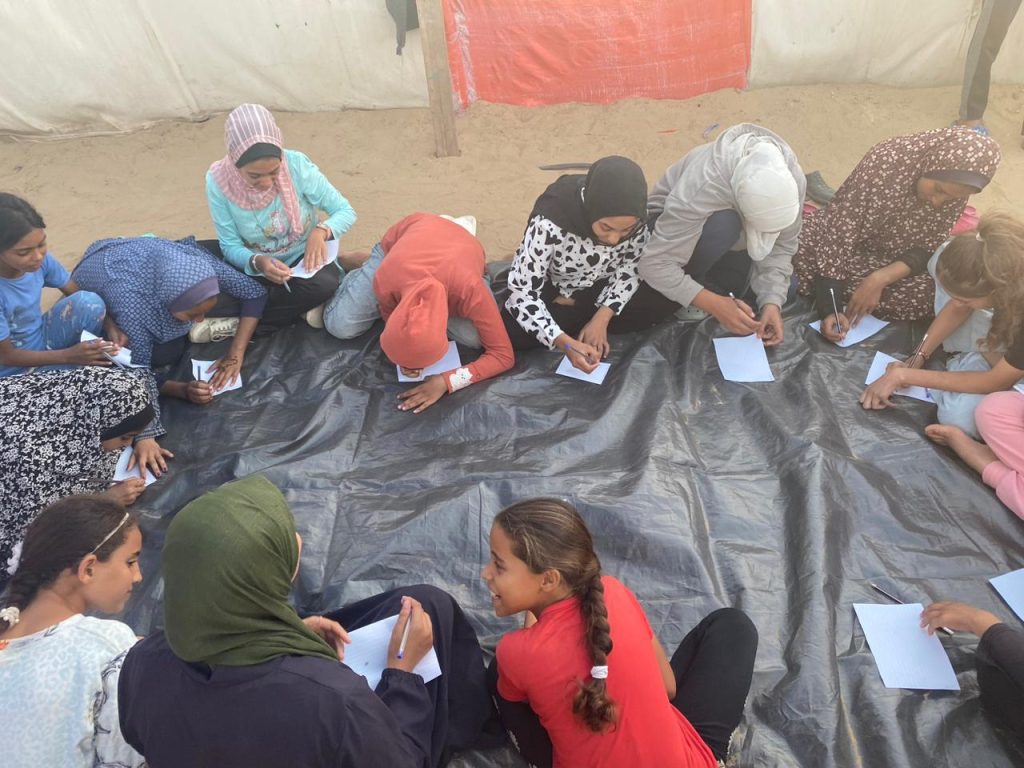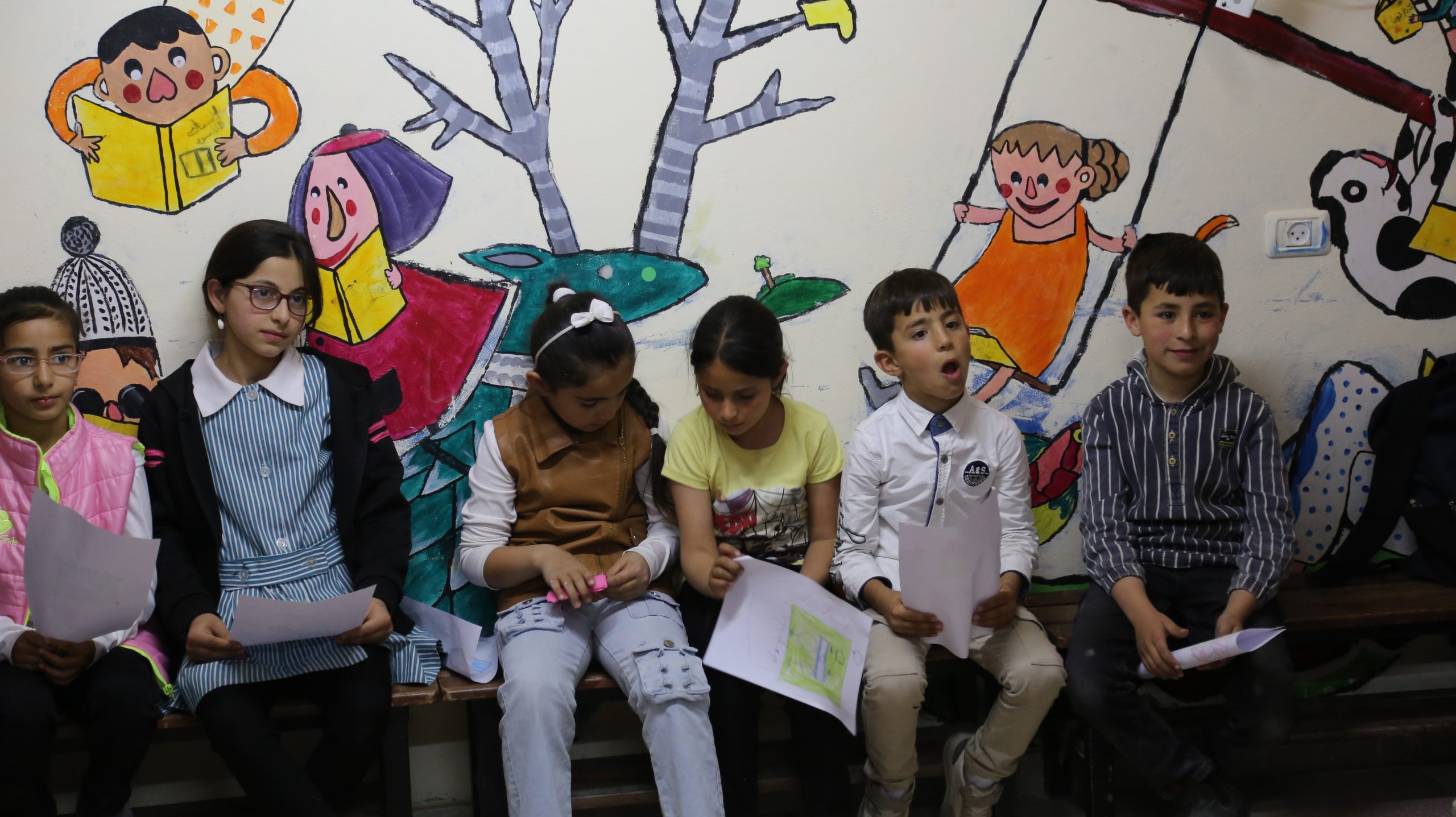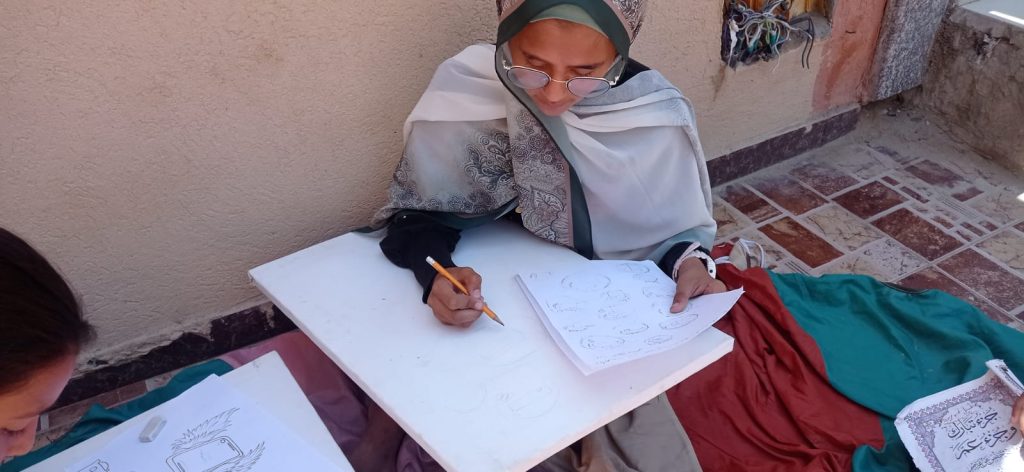
Standing with Palestinian communities through culture, creativity, and solidarity.
Who we are
The Danish House in Palestine is an independent civil society organization founded in 2005 by a group of Danes who wished to strengthen dialogue and deepen understanding between Danish and Palestinian communities.
From the beginning, we have been rooted in people-to-people solidarity — a space where relationships grow through shared stories, cultural exchange, and listening to Palestinian voices. We believe in standing with, not speaking for: learning from Palestinian perspectives, supporting local visions for art and culture, and rejecting top-down approaches.

For children growing up under occupation, art becomes both refuge and resistance.
What we do
From trauma healing to cultural advocacy, our work centers on Palestinian voices and resilience. Working hand-in-hand with Palestinian partners, our programs focus on four interconnected areas.
We provide trauma-informed arts programs for Palestinian children and youth, particularly in Gaza and the occupied West Bank. Our psychosocial support combines creative expression with healing — helping young people process trauma, build resilience, and reclaim their voices through drama, visual arts, and storytelling. For children growing up under occupation, art becomes both refuge and resistance.
We strengthen the capacity of Palestinian artists and cultural practitioners to advocate for their fundamental rights while creating platforms that ensure their voices resonate globally.
We facilitate artistic collaborations between Danish and Palestinian practitioners, creating platforms for transnational cooperation and mutual learning.
We mobilize Danish supporters to become active allies in Palestinian cultural resistance, transforming passive awareness into sustained solidarity.

Art is memory.
Culture is resistance.
Creativity is liberation.
Where we work
Based in Ramallah Tahta (Old City) since 2010, we work across Palestine with special focus on marginalized communities in Area C, Gaza, and other vulnerable areas. Our commitment to dignity, mutual learning, and collective action continues to guide our work today.
Our approach
In Palestine, where identity and existence are under siege, creativity becomes a vessel of memory, a tool of solidarity, and a force of liberation. We recognize that our work is no longer just about cultural development — it is about cultural survival. We respond to the voices of Palestinian communities, not external agendas, adapting to their challenges while sustaining cultural life amid crisis.